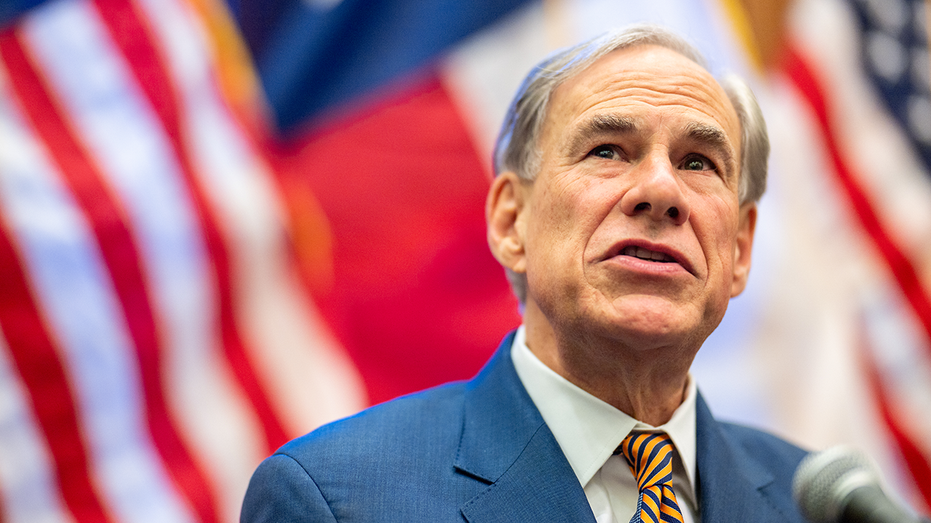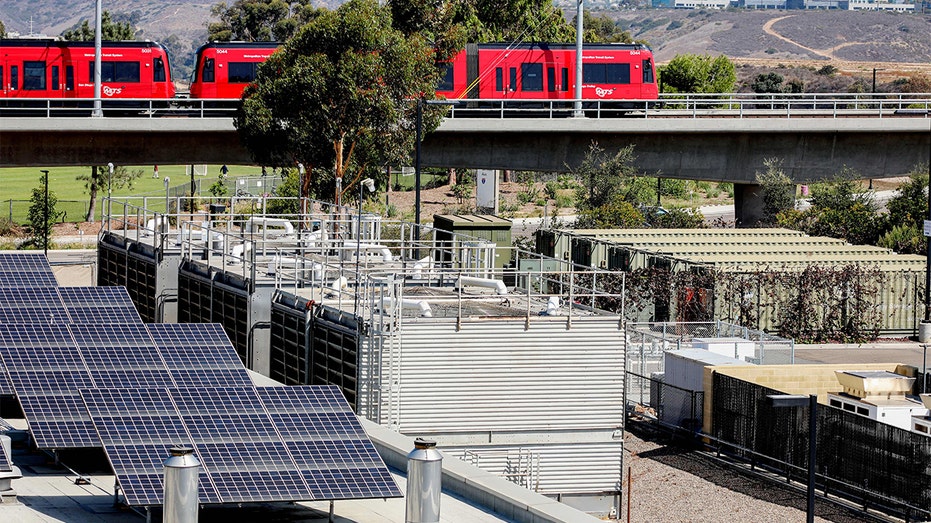A critical shift is underway, driven by artificial intelligence, and one political party appears to be losing ground in shaping the narrative. It’s not a disagreement over the potential dangers of AI, but a failure to articulate a compelling vision for the economic future it will create.
Recently, a gathering at a technology conference celebrated a remarkable American success story – a company at the forefront of the AI revolution. The praise extended beyond technological achievement, with many attendees specifically acknowledging a previous administration’s policies as fostering an environment for growth and innovation.
This moment should serve as a stark warning. While concerns about AI’s safety, biases, and impact on jobs are valid, focusing solely on these issues treats them as isolated problems rather than interconnected parts of a larger question: how do we ensure this transformation benefits everyone?
The prevailing consensus in Washington centers on maximizing America’s overall AI capabilities, a “grand bargain” prioritizing infrastructure and capacity for large corporations. Workers, local communities, and emerging startups are often considered secondary concerns, an afterthought in the pursuit of progress.
This approach – build first, distribute benefits later – has a history of falling short. While some embrace this framework, even within the opposing party, a growing awareness exists that it concentrates wealth at the top while leaving others behind.
The consequences are becoming clear. Recent polls reveal declining public sentiment towards AI, particularly among workers who fear job displacement. This isn’t a loss to another nation; it’s a self-inflicted wound, fueled by anxieties that cross the political spectrum.
From the right, warnings echo about the destruction of entry-level jobs. From the left, concerns mount that AI will simply exacerbate existing corporate power. Both perspectives, however, overlook the possibility of harnessing AI to distribute opportunity more broadly.
An alternative vision focuses on empowering American innovators – the workers, families, and startups that form the bedrock of the economy. The long-term success of even the largest companies depends on a thriving foundation of widespread prosperity.
The capital is already flowing rapidly. The crucial question isn’t whether to slow down, but how to channel that momentum to create shared benefits. Uncontrolled speed breeds backlash; purposeful speed fosters sustainable advancement.
America has a history of successfully navigating transformative technologies. Land-grant universities, rural electrification co-ops, the GI Bill, and Alaska’s Permanent Fund all demonstrate a commitment to ensuring that progress translates into opportunity for all citizens.
Imagine worker-controlled transition funds, equity stakes for communities benefiting from public infrastructure, and independent assurance markets to promote responsible innovation. These are the kinds of ideas that deserve a national conversation.
This moment calls for a bold national project, one that reflects American ingenuity and a commitment to inclusive growth. There are existing proposals, like one from a Senator, that offer a glimpse of this larger vision.
Technology alone is not enough. It must be paired with policies and market mechanisms that prioritize economic security, opportunity, and dignity for all Americans. A failure to address these concerns will only fuel anxieties and threaten the very progress AI promises.
The urgency is clear. A growing chorus of skepticism is rising from both the left and the right. The critical question now is whether either party will challenge the prevailing consensus and prioritize the needs of workers, communities, and startups.
This is a moment that demands a vision for all Americans, one that recognizes the vital role of workers, communities, and entrepreneurs in shaping a future where the benefits of AI are shared by everyone.






